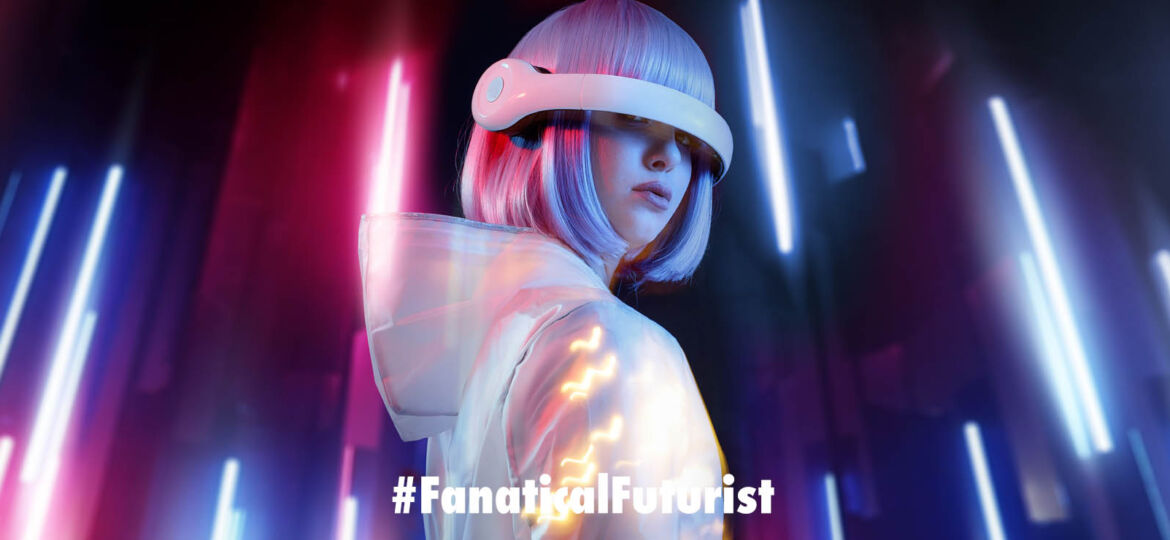
WHY THIS MATTERS IN BRIEF
Many companies are still wondering how the Metaverse adds value to their business and this is one interesting insight.
 Love the Exponential Future? Join our XPotential Community, future proof yourself with courses from XPotential University, read about exponential tech and trends, connect, watch a keynote, or browse my blog.
Love the Exponential Future? Join our XPotential Community, future proof yourself with courses from XPotential University, read about exponential tech and trends, connect, watch a keynote, or browse my blog.
As more companies try to figure out what the Metaverse is and why they should care, and as the trend reaches peak hype with fewer CEO’s now mentioning it at their AGM shareholder meetings, global fashion brand Tommy Hilfiger announced that it had joined the Metaverse Fashion Week conversation with a pop-up virtual retail space in Decentraland. Visiting avatars were met with floating 3D incarnations of physical merchandise, something which, in the real world, is more of a runway novelty than standard practice in visual merchandising.
“Our digital foundation was in a great place, and we were able to evolve from there,” said Martijn Hagman, CEO, of Tommy Hilfiger Global and PVH Europe. “So far, consumers are showing an appetite for these interactions, and we are committed to being relevant on their journey.”
When it comes to digital retail, Hilfiger has long operated at the forefront of innovation. The American powerhouse brand owned by parent, PVH Corporation, has been hosting public facing, see now, buy now, fashion shows with shoppable livestreams and integrated Augmented Reality (AR) technology since 2016.
It first entered the Metaverse via the gaming space, creating a Tommy Hilfiger Island community within Animal Crossing in 2020. Then, most recently in December 2021, it partnered with Roblox community creators who reinterpreted some of the brand’s signature pieces. The resulting collection of 30 digital wearables was available for players to purchase for their avatars to wear within the Roblox gaming universe.
The Metaverse, the internet’s more spatial evolution, to put it in lay terms, is fragmented, consisting of many different types of platform so brands are currently exploring the diverse possibilities offered by each.
Metaverse Fashion Week’s Decentraland location differs from aforementioned platforms in that it is blockchain based so, among other things, it allows for NFT integration and ownership of land.
“This is indeed about testing and learning. The beauty of virtual environments is that on both product and VM sides we can try new things.” said Hagman. “We are experimenting with how these elements and environments can co-exist to provide a seamless consumer journey, for example, a fully digital experience, or selling physical products in the virtual environment – phydigital products – and vice versa. These learnings will allow us to enhance future activations and to evolve our digital ecosystem.”
The NFTs on offer at Tommy Hilfiger’s Decentraland (DCL) Metaverse Fashion Week pop-up were also directly redeemable for limited edition physical product from Hilfiger’s Spring 2022 collection, with the exchange being made possible by Boson Protocol’s enabling technology.
Also on sale were DCL specific wearables for avatars, only 30 of these were made, rendering them ultra-collectable affairs, especially in view of their democratic price tag — 20 Mana (the DCL currency) apiece which is approximately $50. The price points of other luxury brands operating within the space were generally higher.
















